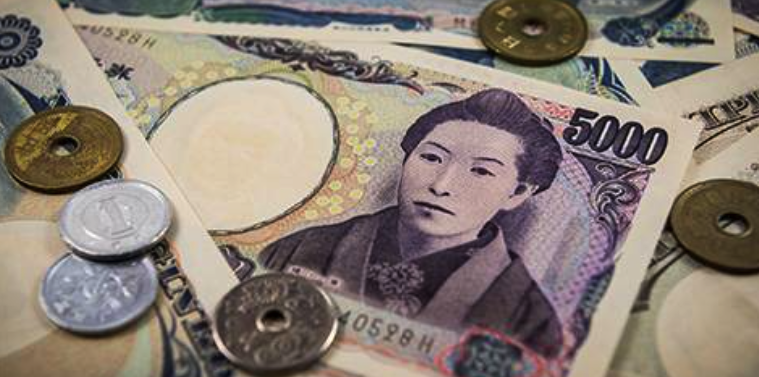Yen Marks has displayed a remarkable performance this week, approaching 2-⅕ month highs against major currencies. This surge is primarily driven by traders unwinding carry trades ahead of the upcoming Bank of Japan (BOJ) meeting, coupled with growing inflationary pressures in Japan and anticipated interest rate cuts by the Federal Reserve (Fed).
Yen’s Impressive Performance
Yen’s Surge Against the Dollar
In Asian trading on Friday, the yen continued its ascent against a basket of major currencies, nearing its recent highs. The JPY/USD pair fell 0.35% to 153.37 yen, with a session-high at 154.14. Despite a minor loss of 0.1% on Thursday, the yen has marked its best weekly performance since April, up over 2.5% against the dollar.
Weekly Gains
The yen is on track for its fourth consecutive weekly profit, reflecting a significant 2.5% gain against the dollar. This strong performance highlights the currency’s resilience and the strategic unwinding of carry trades by traders.
The Mechanics of Carry Trades
What is a Carry Trade?
Carry trades are a popular strategy among traders, involving borrowing low-yield currencies, such as the yen, to invest in high-yield currencies, like the US dollar. This strategy capitalizes on the interest rate differential between the currencies.
Unwinding of Carry Trades
Amid speculation surrounding the BOJ’s next policy meeting, traders are rapidly unwinding their yen carry trades. Reports indicate that the BOJ will discuss potential rate hikes and plans to significantly reduce bond purchases in the coming years. Conversely, weak US industrial data has increased the likelihood of Fed rate cuts in September and November, creating a divergent monetary policy outlook between Japan and the US.
Inflationary Pressures on BOJ
Tokyo’s Consumer Prices
Recent government data revealed that Tokyo’s consumer prices rose by 2.2% in July, up from 2.1% in the previous month. This increase showcases the mounting inflationary pressures on the BOJ, with prices now running above the 2% official target.
Implications for BOJ Policy
The rising inflation bolsters the case for another rate hike by the BOJ this year. As inflation continues to climb, the BOJ faces growing pressure to tighten its monetary policy, contrasting with the Fed’s anticipated rate cuts.
Global Market Reactions
Impact on Stock Markets
The yen’s strength and the unwinding of carry trades have created ripples across global markets. Investors are reassessing their positions and strategies in light of the shifting monetary policies and economic data.
Metals and Crypto Markets
The yen’s rise has also affected global metals and cryptocurrency markets. Gold prices fell by over 1.5% to $2,358 an ounce, while silver tumbled 5.5% to $27.42 an ounce. Bitcoin, too, experienced a decline, losing 2.4% to $63,806, a one-week low.
Conclusion
The Japanese yen’s stunning performance this week, driven by the unwinding of carry trades and rising inflationary pressures, has significantly impacted global markets. As the BOJ prepares for its upcoming meeting and the Fed moves towards easing its policies, investors must navigate a volatile and dynamic financial landscape.
FAQs
Why did the yen surge this week?
The yen surged due to traders unwinding carry trades ahead of the Bank of Japan’s upcoming policy meeting and increasing inflationary pressures in Japan.
What is a carry trade?
A carry trade involves borrowing a low-yield currency, like the Yen Marks, to invest in a higher-yield currency, such as the US dollar, to profit from the interest rate differential.
How did the yen’s rise affect global markets?
The Yen Marks rise led to significant impacts across global stock, metals, and cryptocurrency markets, as investors reassessed their positions amid shifting monetary policies.
What are the expected policy changes from the BOJ and the Fed?
The BOJ is expected to discuss rate hikes and plans to reduce bond purchases, while the Fed is anticipated to cut rates in September and November.
How is rising inflation in Japan influencing BOJ policy?
Rising inflation in Japan, with consumer prices exceeding the 2% target, is increasing the pressure on the BOJ to tighten its monetary policy, possibly leading to another rate hike this year.

